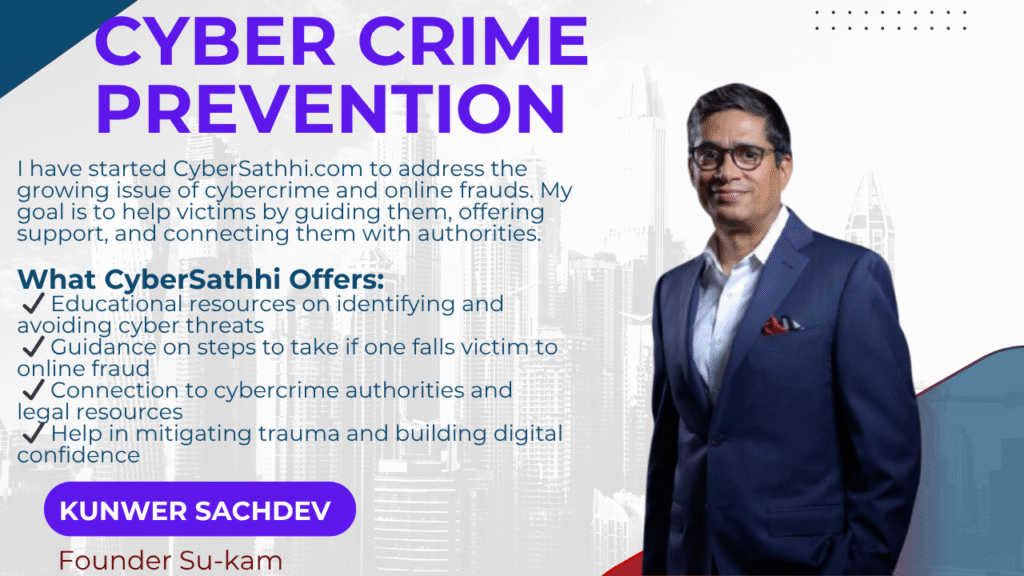
The short answer is: Yes, it’s possible for a foreign government or other threat actor to hack WhatsApp, although it’s challenging due to the strong end-to-end encryption WhatsApp uses. But no system is entirely immune, and advanced hacking methods can still bypass certain safeguards.
How Could a Foreign Government Hack WhatsApp?
- Exploiting Vulnerabilities:
Even the most secure apps can have bugs or vulnerabilities. Governments or hackers could exploit these weaknesses to gain access to a phone or account. For example, there have been cases in the past where WhatsApp had zero-day vulnerabilities (unknown to the company) that were exploited by cyber actors. - Spyware and Malware:
Governments or hackers could deploy malware like Pegasus—a sophisticated spyware tool—that can be installed on a target device via phishing or other social engineering tactics. Once installed, malware can intercept encrypted messages, record audio, track location, or take control of the phone’s camera and microphone. - Man-in-the-Middle Attacks:
Though WhatsApp uses end-to-end encryption, a government could theoretically intercept communications during the transmission phase if it has access to the infrastructure or the telecom network. However, this would require significant resources and is less common for WhatsApp’s specific encryption model. - Social Engineering & Phishing:
A more “low-tech” way is through phishing campaigns or social engineering, where attackers trick individuals into revealing their login details or enabling some form of backdoor access, giving hackers the ability to read messages. - Government-backed Legal Orders or Requests:
Governments may also use legal channels to force companies like WhatsApp to turn over user data. While WhatsApp’s encryption ensures that even it can’t access the contents of messages, metadata (who called whom, when, for how long, etc.) might still be available.
What Should You Do to Protect Yourself?
- Enable Two-Factor Authentication (2FA):
2FA is one of the easiest ways to secure your account. Even if someone gets your password, they’d need access to your second authentication method (e.g., a code sent to your phone) to get into your account. - Update Regularly:
Always update WhatsApp and your phone’s operating system to the latest version. Updates often contain critical security patches that close loopholes. - Be Cautious of Links and Attachments:
Never click on suspicious links or download attachments from unknown sources. This is one of the most common ways that malware gets into systems. - Use Strong, Unique Passwords:
If you’re using a password to lock your phone, make sure it’s a strong one. Avoid using easily guessable passwords, and use a password manager if needed. - Encrypt Your Device:
If possible, enable full-device encryption. This will make sure that even if someone has physical access to your phone, they cannot easily extract your data. - Monitor App Permissions:
Be mindful of the permissions you grant apps, especially when installing them. If an app asks for access to your camera, microphone, or contacts unnecessarily, it might be a red flag. - Use a Secure VPN:
A VPN adds an extra layer of protection when using WhatsApp, especially when on public Wi-Fi networks, preventing some types of traffic interception.
What Not to Do:
- Avoid Public Wi-Fi for Sensitive Conversations:
Public Wi-Fi networks are not secure and can be easily intercepted. Avoid discussing sensitive matters while connected to public networks. - Don’t Jailbreak or Root Your Phone:
Jailbreaking (iOS) or rooting (Android) removes certain security features that make your device more vulnerable to hacking. While it may give you more control, it opens your phone to malware and spyware attacks. - Don’t Share Your WhatsApp Code:
If someone asks you to provide your two-step verification code or login credentials, don’t give them away. Cybercriminals often trick people into revealing personal info this way. - Don’t Trust Unknown Contacts:
If a stranger adds you on WhatsApp, be cautious. They may try to engage you with a scam or trick you into downloading malicious software. - Don’t Ignore Security Alerts:
If you receive any alerts from WhatsApp about suspicious activity or login attempts, act immediately to secure your account.
Final Thought: Stay Vigilant — The Target Is You, Not Just the App
While WhatsApp offers strong end-to-end encryption, no app is immune when your device is compromised. Foreign governments and advanced threat actors don’t usually hack WhatsApp — they hack your phone. That means your own habits, settings, and awareness are your best defense.
Security is not just a tool — it’s a mindset.
To protect yourself:
- Stay updated.
- Stay cautious.
- Stay private.